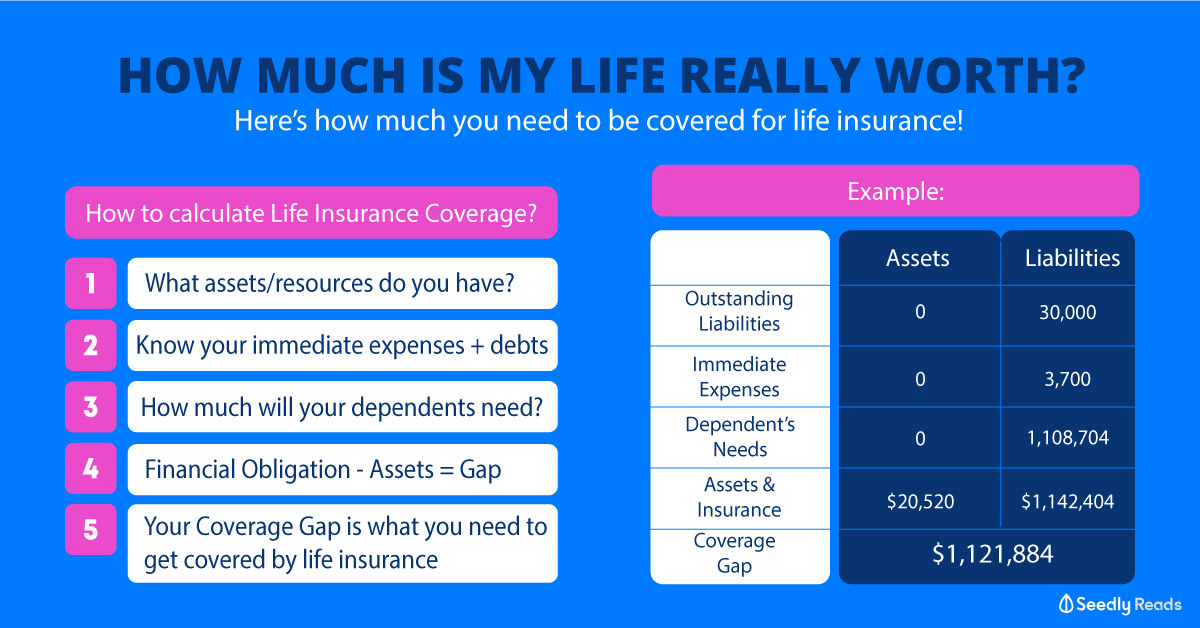Advertisement
Anonymous
If I already have a very good hospitalisation plan, do I still need CI cover after age 65?
5
Discussion (5)
Learn how to style your text
Elijah Lee
03 Jul 2020
Senior Financial Services Manager at Phillip Securities (Jurong East)
Reply
Save
Pang Zhe Liang
02 Jul 2020
Lead of Research & Solutions at Havend Pte Ltd
Hospitalisation coverage and critical illness coverage are for different purposes. Generally, the former is to cover for medical bills on a reimbursement basis while the latter issues a lump sum payout upon meeting the terms and conditions of the policy.
More Details:
Is MediShield Life enough in Singapore?
Integrated Shield Plan Singapore: A Starter's Guide
Since not all costs are related to medical bills, e.g. hiring helper, home modification, supplements, therefore, it is usually suggested to have critical illness coverage for as long as you live.
More Details:
5 Reasons why You need Life Insurance - Critical Illness
I share quality content on estate planning and financial planning here.
Reply
Save
Depends. If you have enough savings (300k or more at age 65), I would say not necessary. You can 'se...
Read 1 other comments with a Seedly account
You will also enjoy exclusive benefits and get access to members only features.
Sign up or login with an email here
Write your thoughts
Related Articles
Advertisement









Hi anon,
I personally feel that CI cover is still important even after 65.
In the event of a CI, hospitalization bills and follow up treatment (the post hospitalization coverage) will be covered up to year (13 months for some insurers) after discharge. What happens after that? Will you want to liquidate your investment assets and draw on savings in the bank to continue your treatment? A CI payout then will provide liquidity for you to ensure that you can continue treatment without having to sacrifice your retirement assets. If you recover but had liquidated a lot of assets, your retirement lifestyle would no doubt be impacted.
Self insuring is possible if you want to say, plan to set aside $300K at age 65, but to do that you would have to save $10K/yr for 30 years from age 35, and also leave the money in a risk free environment and never touch it.
However, let's say if you have $300K at the age of 55 and was thinking if you wanted to self insure. Getting a policy that would pay you $300K in the event of CI would probably cost something like $150K in total, meaning you can now spend the $150K on/in your retirement, knowing that $300K will still be made available upon CI, instead of having to have the $300K sit in a risk free instrument and force yourself not to touch it no matter what. This is the leverage power that comes with insurance.
Just some food for thought.
Edit: (Amendment in bold...not $10/yr but $10K/yr)